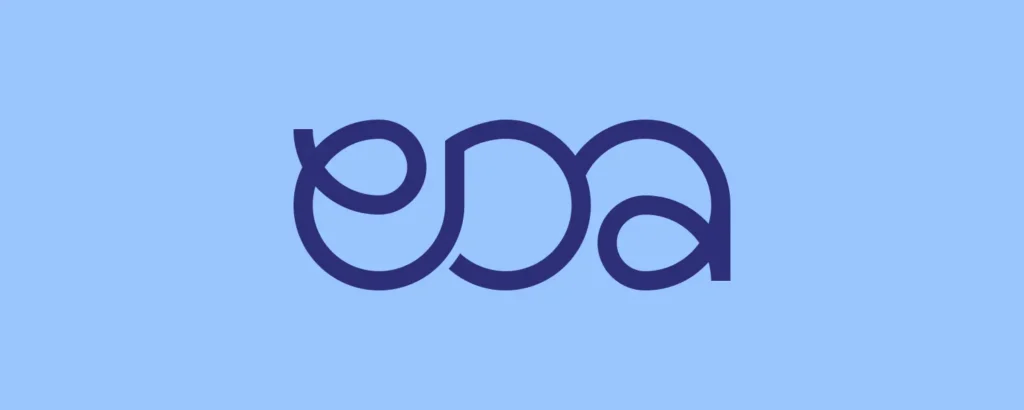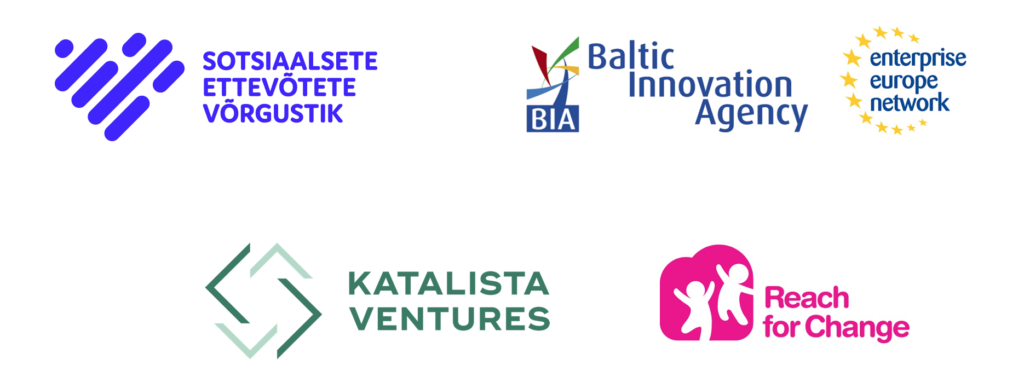
The Estonian Dialogue Academy is a non-profit organisation working to promote a culture of open communication, conversation and participation
Our mission is to enable all people in and around Estonia to actively participate in group dialogue and public discussion. We do this by providing training and school programmes, organising and facilitating events, and consulting organisations.
Our vision is a society where people have the confidence and freedom to start and participate in any discussion on any topic they find important.
By working together we can build more open, inclusive and tolerant communities, schools, governments, workplaces and public places. We believe that a culture of dialogue and participation is fundamental to a vibrant and robust democracy.
We help people develop essential discussion skills such as listening to others, sharing your thoughts, responding, giving examples, summarising, arguing, etc. A dialogue is a place to think together, a space to explore questions we often don’t have time for, find difficult or are simply curious about.
The mutual aspect of dialogue is key. There is great value in being able to express your ideas. However, we believe that it is equally important to take responsibility for others so that they can also express their views.
We don’t make dogmatic distinctions between dialogue, debate and other forms of discussion. In every good dialogue there are moments of debate and in every good debate people are in dialogue. The willingness to listen and the ability to respond to each other are both central.
The quality of a dialogue or any other type of group discussion depends on the commitment of the participants and the integrity of the organisers and facilitators. We focus on training and supporting all three groups.
Memberships
We are a member of the non-profit and social enterprise incubator managed by the Network of Estonian Nonprofit Organisations NENO.
We are a member of the The Baltic Sea Impact Network. BSIN is a community for peer learning between social entrepreneurs from Sweden, Denmark, Latvia, Lithuania, Estonia, and Ukraine.
We are a member of SOPHIA – European Foundation for the Advancement of Doing Philosophy with Children.
Our NGO is registered in the Estonian Trade Register as a non-profit association (MTÜ) Eesti Dialoogiakadeemia under the number 80640386.
The Estonian Dialogue Academy follows the code of ethics of Estonian nonprofit organizations.
Awards
We won the second price in the Baltic Impact Hackathon 2023 for social initiatives, organised by:

“We need to recover the lost art of democratic public discourse. That means above all that we have to discover and learn and teach the art of listening. And by listening I don’t mean just hearing the words, but listening for the arguments and the moral convictions lying behind the opinions of those with whom we disagree and figure out how to engage with those differences and those disagreements.”
Michael J. Sandel, political philosopher